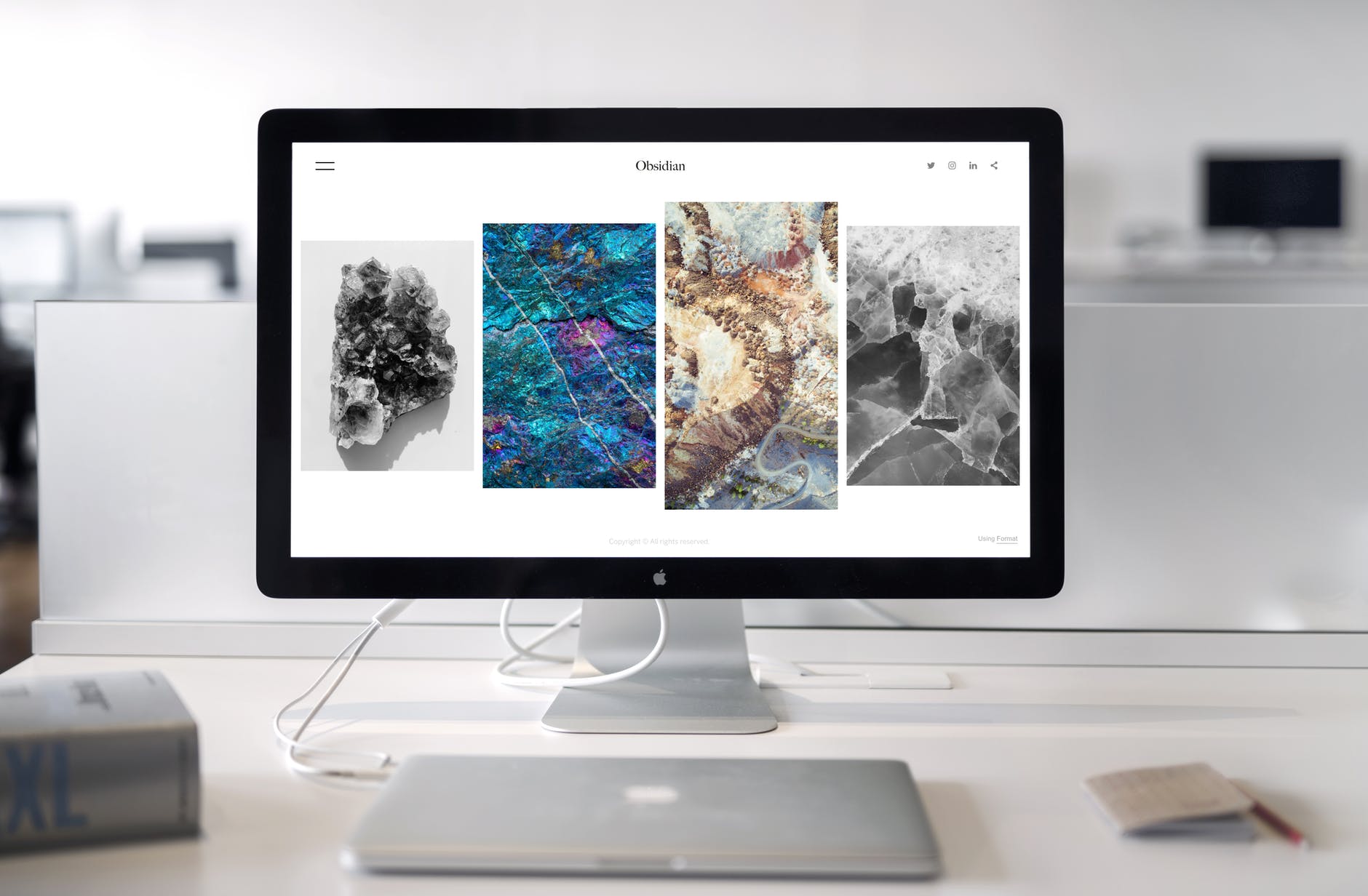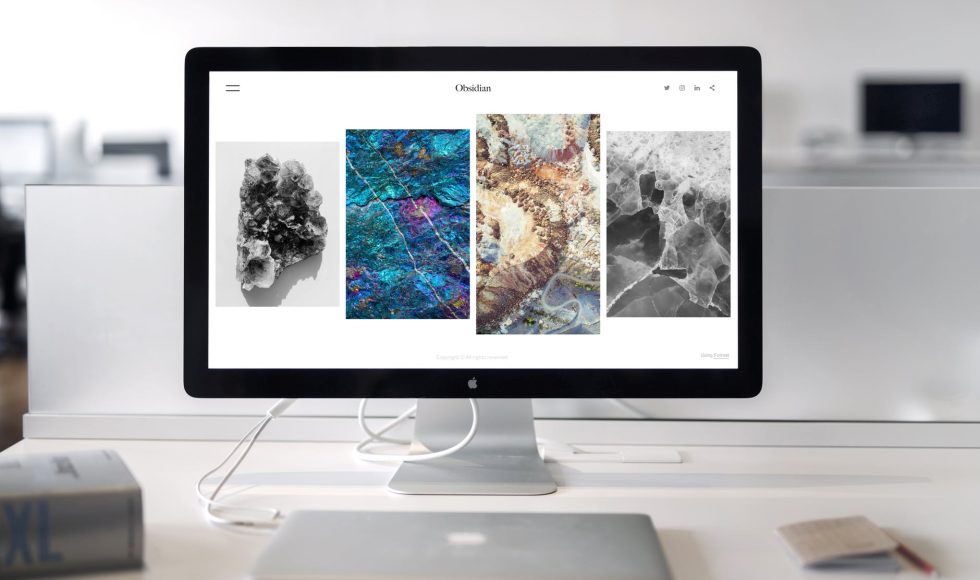The first group of presentations of OpenEd 2021 included a presentation by Heather Miceli from Roger Williams University in Rhode Island. The session was entitled “Open Pedagogy as a Tool to Increase Confidence and Lower Anxiety in Science Courses.” Miceli teaches a “Core 101” course that all students at Roger Williams University must take as part of a five interdisciplinary core. Miceli mentioned that students in this course are non-STEM majors. Participants range from those who have taken biology courses in high school and are not interested to those who had stressful/traumatic experiences with science courses. Science anxiety was defined as “the fear of learning and understanding science – usually fueled by poor grades, bad experiences, indifference” and cited Mallow 1978. Students have low confidence in these general education courses. Miceli’s question was: can open pedagogy be leveraged to to increase confidence and decrease anxiety in General Education Science courses? Miceli has been teaching for fourteen years and has used poster sessions… and after the sessions the posters were trashed. This was disheartening for Miceli. Inspired by Rajiv Jhangiani and the idea of student-generated textbooks, Miceli asked: what would a textbook written by non-majors for non-majors look like? Miceli’s project turned into a series of websites. They have eleven websites, and some have been edited by six groups of students! Wow! The websites are used as the reference textbook and discuss topics such as DNA, Climate Change, Space Exploration, Artificial Intelligence, GMOs, Evolution, Energy Sources, Nutrition, Vaccines, Human Population, and the Ocean. Miceli mentioned students update the content every semester. I want to do this! Students pick topics using a GoogleDoc system. Miceli explained teams complete a website review to assess the “state of the website” and then design a development plan that will be the basis of their assessment. That is awesome! The rough drafts are written using GoogleDocs and the drafts are peer reviewed. Students also participate in a copyright/Creative Commons workshop to learn about intellectual property rights. Students add content and media to their websites and end the semester by doing a final showcase. Miceli mentioned that it is rewarding to see when students realize that projects are all interconnected.
Miceli has evaluated this approach using the McBride 2019 Science Self-efficacy Scale with 10 questions and 2 science anxiety questions, and one relationship to science question. The post-survey that Miceli used included two open-ended questions. I want to do something similar for BIT 295. Unfortunately, Miceli deployed the survey during the spring of 2020 when the pandemic hit. However, in the fall of 2020 participation ranged from 71-83%! The pre/post surveys were not link Confidence in finding reliable information and confidence in reading/understanding/evaluating information increased (and was statistically significant using an unpaired t-test). Confidence in writing about science and applying scientific concepts increased quite a bit. The science anxiety Likert scale questions had less obvious gains. Twenty nine out of the forty one students mentioned the projects and website as increasing their confidence. Others mentioned in-class discussions (student-led), reflections, and GoogleDoc collaborations. I enjoyed the session and lesson learned that Miceli shared. They mentioned providing more time for survey responses and pairing pre/post responses. I admire how Miceli has achieved what I have found challenging: engaging students in the upkeep of resources! This continuity provides student voices that are constantly being added to resources students create and then use. I want to work on this aspect of open pedagogy in my own teaching.



